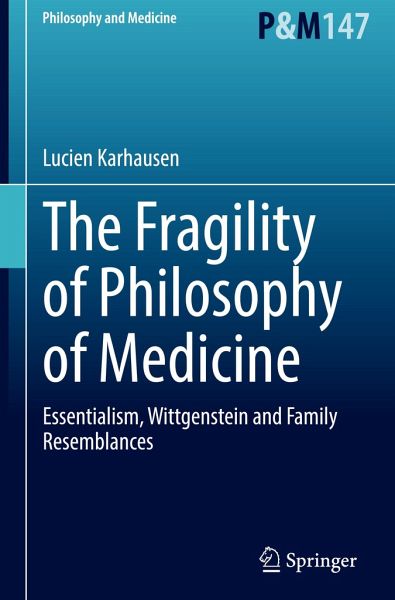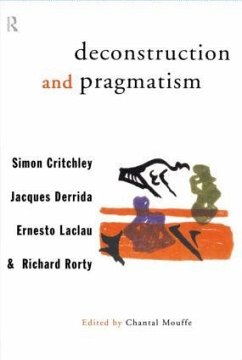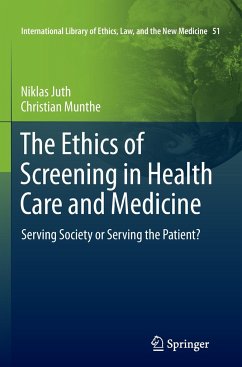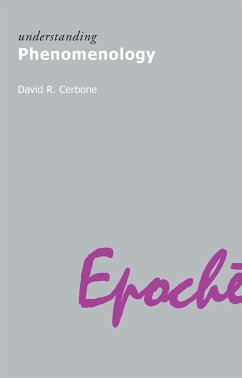
The Fragility of Philosophy of Medicine
Essentialism, Wittgenstein and Family Resemblances
Versandkostenfrei!
Versandfertig in 6-10 Tagen
76,99 €
inkl. MwSt.
Weitere Ausgaben:

PAYBACK Punkte
38 °P sammeln!
This book about philosophy of medicine bestows a bottom-up and not a top-down approach. It starts from clinical medicine and epidemiology, analyzing their interrelations with philosophical instruments. The book criticizes the constant search for generalities and the essentialism that too often characterizes this discipline, which results in philosophers of medicine dialoguing with each other without direct contact with medical science. In the light of Ludwig Wittgenstein's philosophy, this book proposes an approach to the philosophy of medicine based on the quorum of language, what Wittgenstei...
This book about philosophy of medicine bestows a bottom-up and not a top-down approach. It starts from clinical medicine and epidemiology, analyzing their interrelations with philosophical instruments. The book criticizes the constant search for generalities and the essentialism that too often characterizes this discipline, which results in philosophers of medicine dialoguing with each other without direct contact with medical science. In the light of Ludwig Wittgenstein's philosophy, this book proposes an approach to the philosophy of medicine based on the quorum of language, what Wittgenstein calls family resemblances. In this way the author establishes a philosophy of medicine that is closely related to the medical clinic and to public health and as such avoids armchair philosophy. "Don't think, but look", wrote Wittgenstein.














